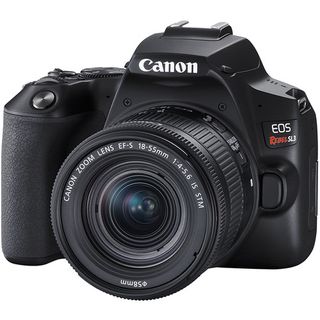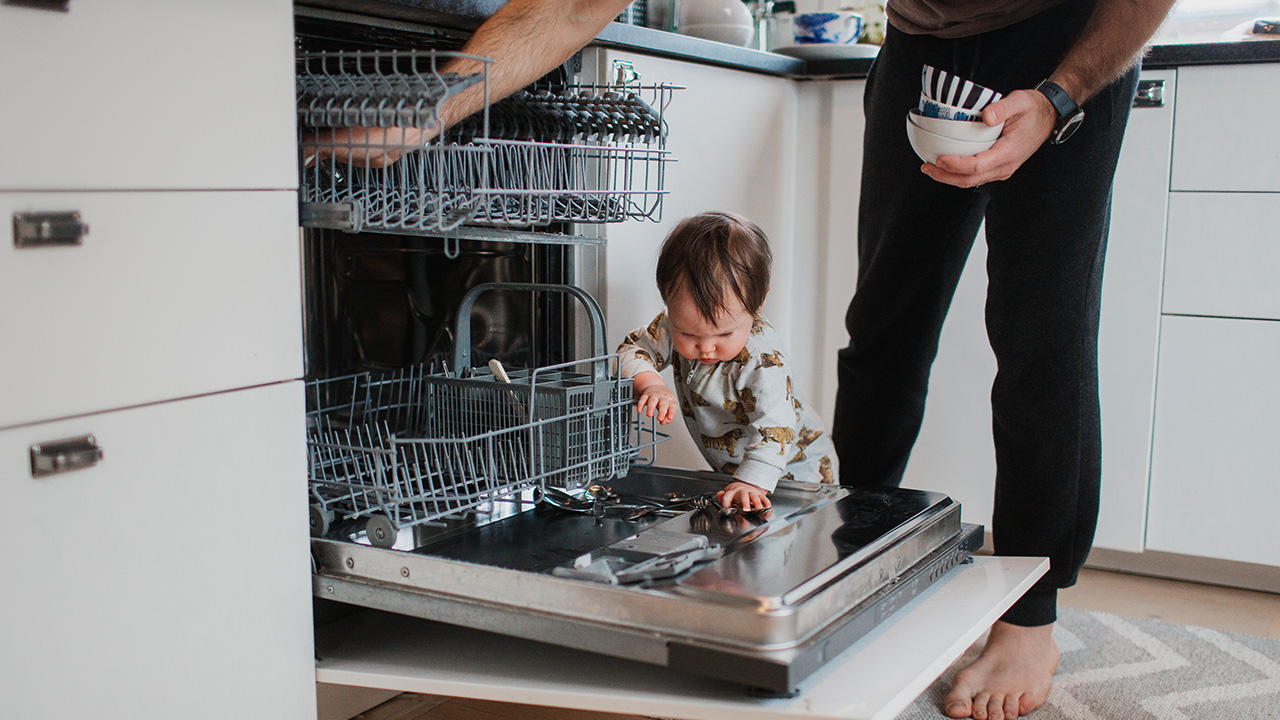A Comprehensive Guide: Discovering the Perfect Camera for Beginner Photographers
Introduction
Photography isn't just about capturing moments; it's about freezing time in a frame and creating stories. Thus, embarking on this artistic journey as a beginner photographer can be overwhelming, especially when choosing the perfect camera. It's essential to know the fundamentals of cameras and understand which aspects matter most for beginners. In this guide, we aim to shed light on these specifics to help you make an informed decision and enhance your photography journey.
What Does a Beginner Photographer Need to Understand About a Camera?
When diving into photography, it's crucial for a beginner to understand their camera. Here's what you need to decipher:
1. Light Manipulation: The core of photography is light capture. Important factors here include understanding exposure - an interplay of aperture, shutter speed, and ISO, which together influence how light or dark the image appears.
2. Ergonomics: Choosing a camera isn't just about the technical specs; it's also about how it feels in your hands. Evaluate whether the camera body is comfortable to hold, whether its weight is manageable, and whether the controls are easily accessible for you.
3. Compatibility: Not all lenses fit all cameras. It's important to consider what lens range is compatible with your camera body. Further, consider your future needs as well; you’ll want a camera that grows with your skills.
4. Megapixels and Zoom: Though megapixels and zoom ranges catch the eye in advertisements, it's a myth that more megapixels translate to better pictures. Recognizing beyond these marketing gimmicks is crucial.
5. Expert Reviews vs. Personal Experience: It's good to research and consider expert advice. However, personal experience matters just as much, if not more. Always make sure to test a camera before purchasing to see if it fits well with your needs.
Learning about cameras may seem overwhelming at first, but understanding these basic principles will make the process significantly easier and more rewarding.
DSLR vs. Mirrorless Cameras: Which One is More Suitable for Beginners?
When setting out to buy a camera as a novice photographer, the choice often boils down to two primary options: DSLR (Digital Single-Lens Reflex) or mirrorless cameras. Both these varieties have their individual strengths and weaknesses, and choosing the perfect fit depends on an assortment of factors.
DSLR Cameras
- Strengths:
- *Structure and Variety:* DSLRs are renowned for their sturdy builds. For an aspiring photographer interested in areas like wildlife or sports photography, a DSLR camera's durability can be invaluable. They also offer a wide assortment of lenses to explore.
- *Optical Viewfinder:* Unlike electronic viewfinders, optical viewfinders allow you to frame your shot and perceive depth accurately.
- Weaknesses:
- *Weight:* DSLRs are typically heavier than their mirrorless counterparts, which can be cumbersome during longer shoots or when traveling.

Mirrorless Cameras
- Strengths:
- *Compactness:* A mirrorless camera is lighter and smaller, making it an ideal choice for travel photographers or those who value portability.
- *User-friendly:* The electronic viewfinders in mirrorless cameras preview the image as it will appear in the final photograph, which can be beneficial for beginners.
- Weaknesses:
- *Battery Life:* Generally, mirrorless cameras have a shorter battery life due to the continuous use of the LCD or electronic viewfinder.
Both camera types are designed to meet differing photographic needs, and the final decision should align with your individual requirements and preferences. Utilize this guide to help in making an informed decision and thereby enhancing your photographic aspirations.
What Are Some Highly-Rated Cameras Ideal for Beginner Photographers?
The vast array of cameras available in the market can make the task of choosing one feel daunting. No need to worry, as we have identified some top-rated cameras that have proven to be excellent choices for novice photographers. Let's take a closer look:
1. Canon EOS Rebel T7: For DSLR lovers, this camera serves as a perfect introduction to the photographic world.
- Pros: Easy-to-use guide mode, excellent photo quality, and broad scope for lens compatibility.
- Cons: The autofocus system may feel slightly dated when compared to newer models.
2. Nikon D3500: Another fantastic DSLR model that is perfect for beginners.
- Pros: Stunning image quality, impressive battery life, lightweight design, and simple controls.
- Cons: It doesn't have an articulating touchscreen, which can make certain shooting angles challenging.
For those preferring mirrorless cameras, consider these models:
3. Sony Alpha a6000: Compact yet packed with features, this model is a popular choice among travel enthusiasts.
- Pros: Excellent image quality, compact size for easy portability, and an advanced autofocus system.
- Cons: The menu system may be complex for those new to photography, and it doesn't have a touchscreen.
4. Fujifilm X-T200: An excellent option offering high-resolution images along with stylish design cues.
- Pros: Large sensor, easy operations, and a fully articulating touchscreen for versatile shooting.
- Cons: The autofocus performance may not match up to some competitors in specific scenarios.
All these cameras offer great functionality coupled with affordability, making them ideal for beginners. Remember, the best choice is the one that caters to your specific needs and feels comfortable in your hands.
Why is Sensor Size Important for Beginner Photographers?
Stepping into the world of photography as a newbie, you would certainly need to be aware of the pivotal role of the sensor size in your camera. Wondering why? Here’s a break-down:
- Light Capture: The sensor size has a strong bearing on the quantity of light that your camera can grasp. Simplifying, the larger the sensor, the greater amount of light it can trap, which potentially leads to superior image quality.
- Depth of Field: It also has a say in influencing depth of field, which, in turn, can enable you to create a stunning 'bokeh' effect.
- Resolution: A large sensor typically allows for a higher resolution and better detail capture.
However, there are a few downsides to larger sensors.
- Size and Weight: Cameras with larger sensors are generally more bulky and heavier.
- Price: They can also add a noticeable amount to your camera's cost.
For beginners, it's vital to strike a balance - taking into account image quality, budget, and portability requirements. As a novice photographer, understanding these factors will shape your camera selection decision effectively.
Manual Mode vs. Auto Mode: What Should a Beginner Know?
When you kick off your journey in photography, the array of settings on your camera can be intimidating. Among the various dilemmas you encounter, choosing between 'Manual Mode' and 'Auto Mode' can be a significant one. Here we break down what you should comprehend as a beginner:
- Automatic Mode:
At first glance, 'Auto Mode' might feel like your safest bet. After all, the camera adjusts all the parameters for you, making it simpler to capture a picture. Although it may seem less hands-on, it's a useful tool for beginners to get started.
Benefits of Auto Mode:
- Ideal for beginners to learn the basic composition and framing.
- Allows you to focus on the subject without worrying about settings.
- Convenient for quick shots when time matters.
Drawbacks of Auto Mode:
- Limited space for creativity, as the camera controls all the settings.
- The camera might not always capture the scene as you wish.
- Manual Mode:
Switching to 'Manual Mode' is like taking off the training wheels. It grants you full control over exposure by letting you tweak aperture, shutter speed, and ISO.
Benefits of Manual Mode:
- Provides more creative control over your images.
- Facilitates learning about exposure and understanding how different settings affect your photos.
Drawbacks of Manual Mode:
- Requires a stronger understanding of camera settings.
- Shots may take longer to set up.
Transitioning to the manual mode should be a step-by-step process. Begin by mastering one component (like aperture) before moving on to the next (shutter speed or ISO). Remember, proficiency in manual mode won't occur instantly, but it paves the way for creative liberty in your photography journey.
Conclusion
Choosing the right camera as a beginner involves understanding key camera principles, analyzing your needs, and aligning them with the capabilities of various camera models. While there's a myriad of cameras available, your decision should ultimately be influenced by your budget, photography style, and comfort level. As you delve into the world of photography, remember that the camera is just a tool. Your creativity and vision are what truly bring a photo to life.
Related FAQs about what's a good camera for a beginner photographer
What features should a beginner look for in a camera?
A beginner should consider features like ease of use, durability, weight, and lens compatibility. Also, look for guidance modes that explain each setting. Don't be swayed by megapixels alone as more isn't always better. And, always test the camera for comfort and functionality.
How crucial is the megapixel count for a beginner photographer?
Megapixel count isn't the most crucial factor for a beginner photographer. A higher count doesn't always yield better photos. The quality and size of the sensor, light conditions and lens quality usually have more impact on the final image rather than just the megapixel count.
Where can a newbie start in the vast world of camera lenses?
Start with the kit lens that usually accompanies the camera. It offers a versatile range, perfect for beginners. As you enhance your skills, consider adding a prime lens for sharper images. Gradually, depending on your photographic interest, you may explore wide-angle, telephoto, or macro lenses.


